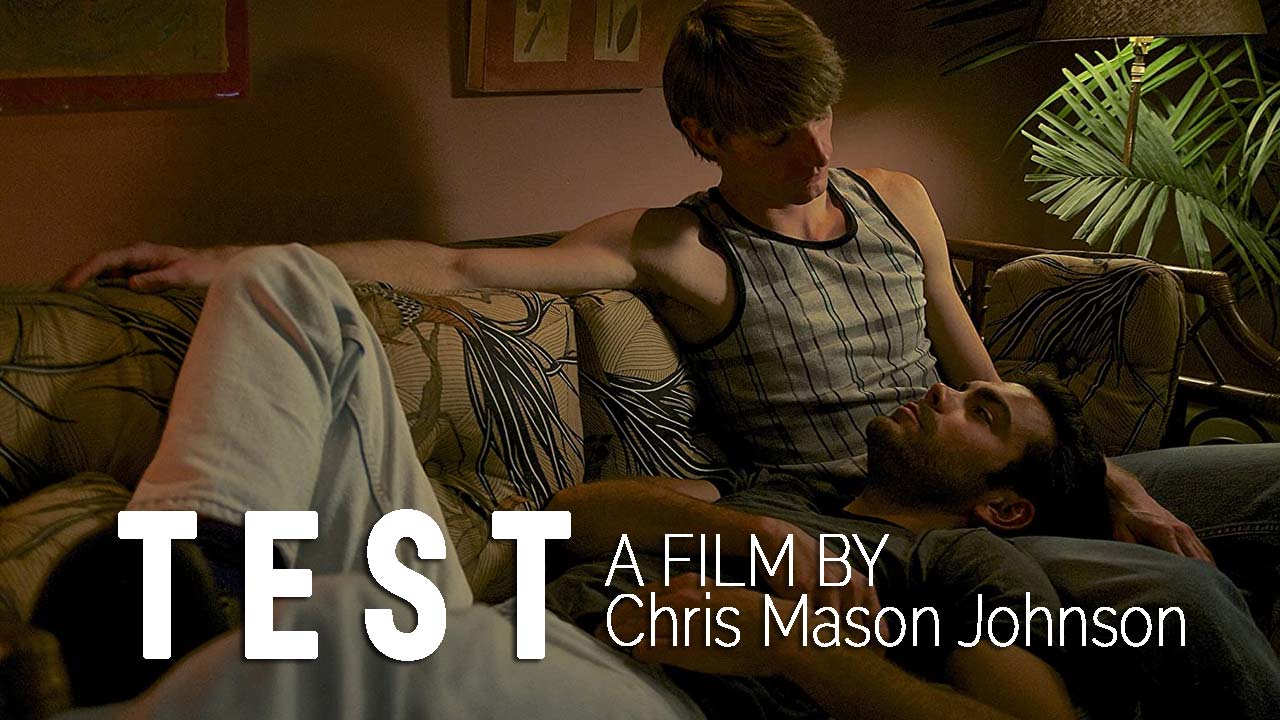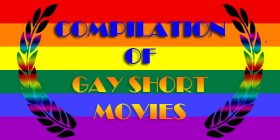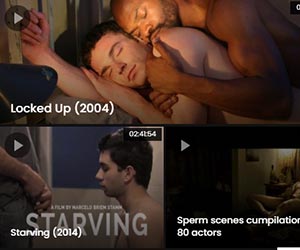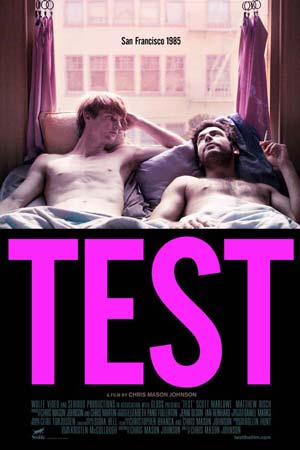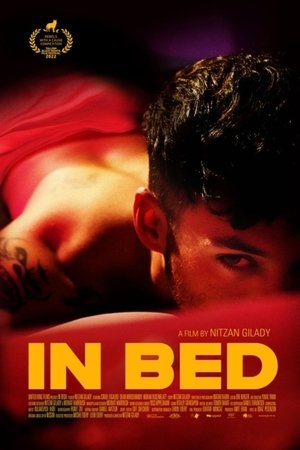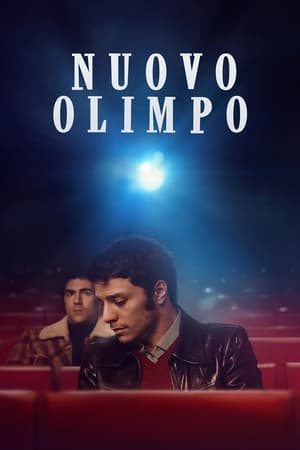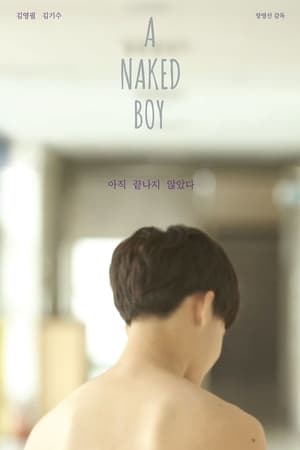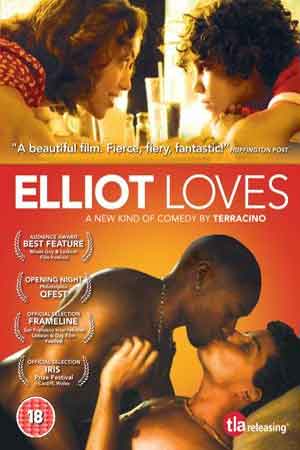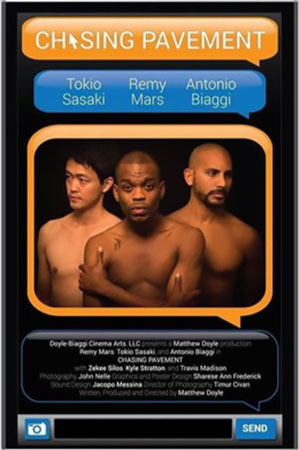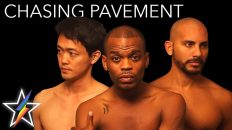A Fresh Take on the AIDS Crisis
Unlike many films about the AIDS crisis, Test doesn’t dwell on tragedy or melodrama. Instead, it chooses a subdued, reflective approach, allowing the audience to experience the quiet fears and intimate moments of its characters. Frankie’s story is not one of grand gestures or tearful breakdowns; it’s a realistic portrayal of a young man trying to navigate his career and personal life while facing an invisible threat. The film’s strength lies in its restraint, which mirrors the uncertainty and quiet courage that defined the lives of many during that era.
The Complex Relationship Between Frankie and Todd
At the heart of Test is the relationship between Frankie (Scott Marlowe) and Todd (Matthew Risch). Todd is a “bad boy” of the dance company, with a rebellious edge that both intimidates and intrigues the more innocent Frankie. The chemistry between them is subtle, a spark that flickers rather than explodes. This approach feels authentic, capturing the hesitancy and vulnerability that often accompany relationships in challenging times. Their bond is one of companionship and mutual understanding rather than passionate romance, a refreshing take that deepens the emotional impact of the film.
Stunning Dance Choreography and Visual Beauty
The choreography, crafted by Sidra Bell, adds a mesmerizing layer to the film. Dance is not just a backdrop here; it’s an essential part of the storytelling, reflecting the characters’ inner lives and emotions. The camera moves fluidly with the dancers, creating a sense of intimacy and immersion that transports the audience into Frankie’s world. Each dance sequence feels like a physical manifestation of the characters’ fears, desires, and resilience, adding depth to their silent struggles.
Music and Sound: A Nostalgic Echo of the 1980s
Test also skillfully uses music to evoke the atmosphere of 1985. Ceiri Torjussen’s muffled score reflects Frankie’s mental state, giving the film an introspective tone. Additionally, Frankie’s Walkman and the vintage soundtrack serve as nostalgic reminders of the era, grounding the audience in the time period. The use of music not only sets the mood but also becomes an emotional anchor, connecting Frankie’s internal experiences to the larger cultural context of the time.
An Authentic Portrait of a Community in Crisis
One of the film’s strengths is its unpretentious script, which portrays Frankie’s life with sincerity and simplicity. Moments of humor, like the awkward attempt at using a condom for the first time or conversations about monogamy, bring a relatable humanity to the story. These small, everyday interactions ground the characters in reality, making their struggles feel universally relatable. The film never sensationalizes the AIDS crisis; instead, it reflects the quiet, personal fears that affected countless people, creating a portrait that feels both intimate and broadly resonant.
A Personal Connection: Reflecting the Reality of 1985
The reviewer’s personal reflection on the AIDS crisis adds a powerful layer to the analysis, bridging the gap between the past and present. Many viewers who lived through the 1980s will find Test resonates deeply, as it captures the fears, uncertainty, and cautious hope that marked that period. By focusing on a small, personal story within a broader historical context, Test serves as both a reminder and a tribute to the resilience of the LGBTQ+ community during a dark chapter in history.
Conclusion: A Quietly Powerful Film
Test may not be a sweeping epic, but it’s a quiet, beautiful film that captures the essence of an era with authenticity and compassion. Director Chris Mason Johnson has created a sensitive portrayal of the challenges faced by gay men in the dance world during the AIDS crisis. With its stunning choreography, gentle storytelling, and rich period atmosphere, Test is a must-see for those interested in LGBTQ+ history, dance, or simply human stories of resilience and hope.


